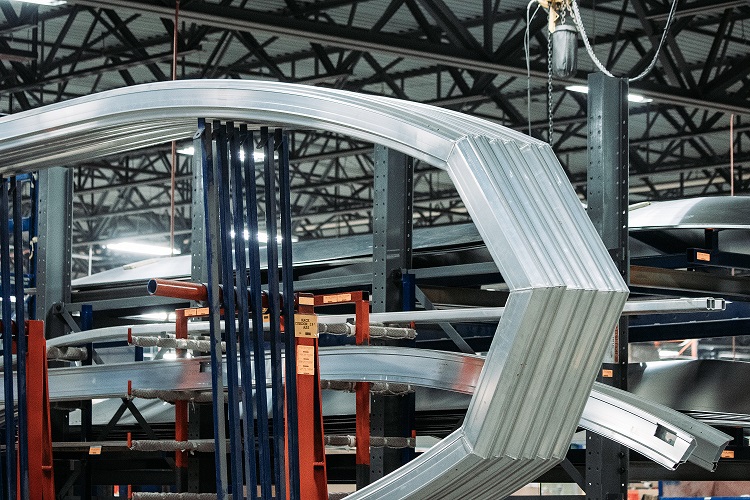President Trump Imposes Auto Tariffs Under Section 232—Potential Impacts for Recreational Boating Industry
On March 26, 2025, President Donald Trump signed a Presidential Proclamation imposing new tariffs on imported automobiles and auto parts, citing national security concerns under Section 232 of the Trade Expansion Act of 1962.
- A 25% tariff will be applied to imports of automobiles effective 12:01 a.m. ET on April 3, 2025.
- The same tariff will apply to auto parts effective 12:01 a.m. ET on May 3, 2025.
- These tariffs are in addition to any other applicable duties.
- Duty drawback is not allowed for affected products.
USMCA-Qualified Vehicles and Parts:
- Automakers may reduce their tariff liability by documenting the percentage of U.S. content in a vehicle under the United States-Mexico-Canada Agreement (USMCA).
- U.S. content is defined as components “wholly obtained, produced entirely, or substantially transformed” in the U.S.
- U.S. Customs and Border Protection (CBP) can retroactively apply the 25% tariff on the full value of a vehicle if documentation is found to be inaccurate.
- Auto parts that qualify under USMCA are temporarily exempt from tariffs until a formal process is created to evaluate non-U.S. content.
Exclusions and Inclusion Process:
- Knock-down kits and compilations are excluded from the tariffs.
- A process will be established by late June for industry inclusion requests. Industry producers or associations can submit requests to apply tariffs to specific auto parts that are believed to pose a national security threat.
- The Department of Commerce has 90 days to create this process, with decisions required within 60 days of submission and publication in the Federal Register within 14 days of decision.
- American Automotive Policy Council (representing GM, Ford, and Stellantis): Warned tariffs must be implemented carefully to avoid consumer price increases and damage to North American competitiveness.
- Autos Drive America (representing foreign automakers): Expressed concern over potential job losses and higher prices.
- United Auto Workers (UAW): Applauded the move as a “victory for autoworkers.”
- Tesla CEO Elon Musk: Acknowledged the company will be affected, despite some protection from its U.S.-based manufacturing.
- Porsche and Mercedes-Benz: Could face up to $3.7 billion in combined tariff exposure.
- Canada’s Prime Minister Mark Carney criticized the tariffs as “entirely inconsistent” with USMCA and is advocating for an all-Canadian auto supply chain.
- European Union said it will evaluate the tariffs alongside other expected U.S. measures.
- Japan and South Korea are weighing economic and diplomatic responses, with Korea noting the potential for "considerable difficulties" in its auto industry.
Next Steps
NMMA is closely monitoring the situation, including any additional guidance issued by the U.S. Department of Commerce and CBP. We will assess whether additional marine-specific products may be drawn into future actions under Section 232 and will provide updates as new details emerge.
NMMA will also continue engaging with policymakers to advocate for fair trade policies that protect and promote:
- Boater access to public waters
- Industry sustainability and innovation
- U.S. manufacturing competitiveness
- Recreational infrastructure development
Members with questions or concerns related to specific product categories, sourcing, or customs compliance are encouraged to contact NMMA’s Government Relations team for guidance.
For more information, visit:





